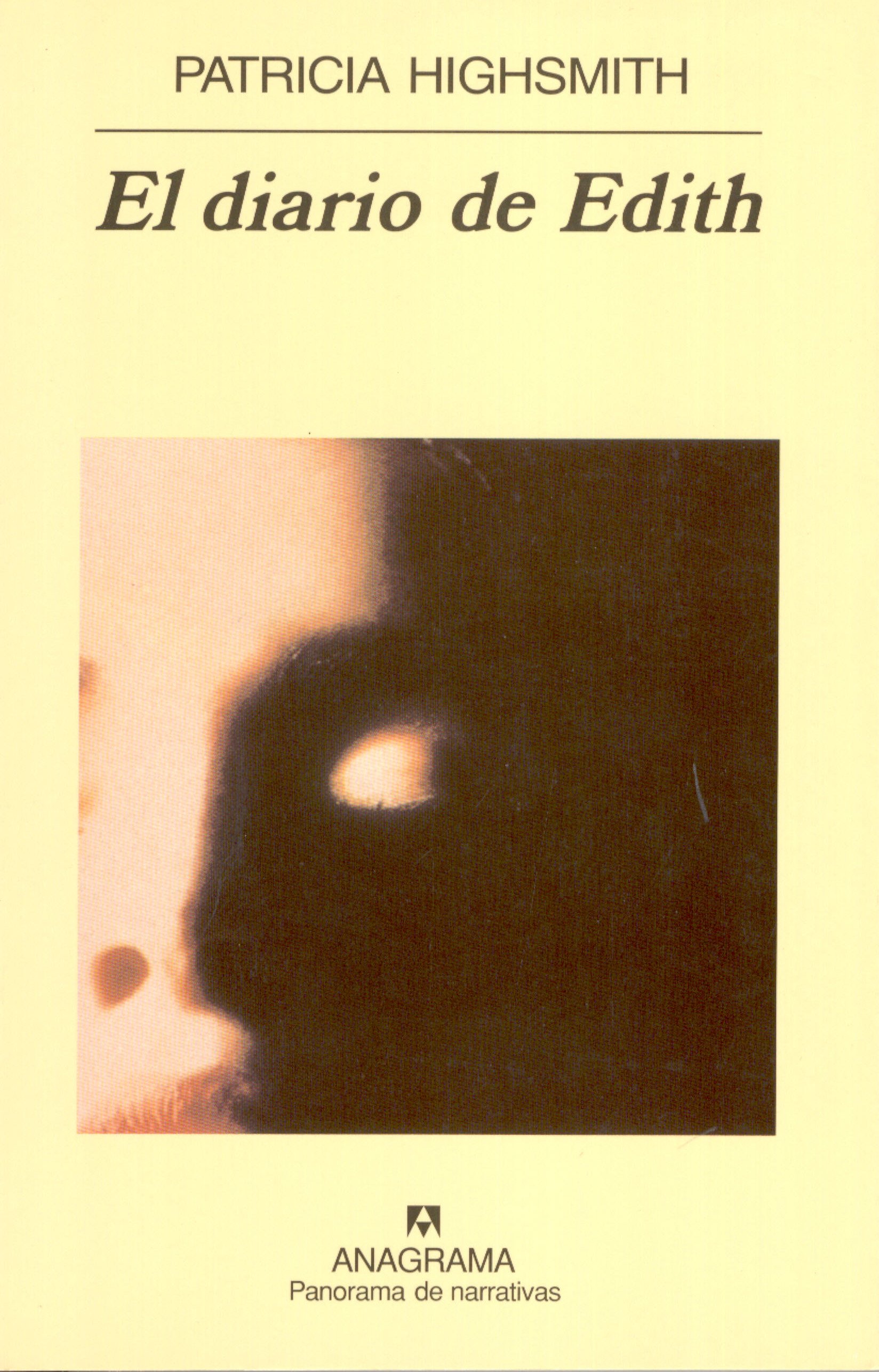What do you think?
Rate this book


360 pages, Hardcover
First published January 1, 1977






She thought of injustice, felt her personal sense of injustice combined now with the crazy complex injustice of the Viet Nam situation.
"Tyranny, like hell, is not easily conquered; yet we have this consolation with us, that the harder the conflict, the more glorious the triumph." —Thomas Paine, The CrisisAnnoyingly relevant, isn't it? Edith Howland has part of it hanging on her wall at the height of McCarthyism, and all Americans who aren't part of the pedo protection cult would do well to remember it during this fucked-up time.
In New York people say politics don't interest them. 'What can I do about it anyway?' This is the attitude government powers in America want to foster and do. News is brief, filtered and slanted. The Guatemalan 'uprising' would have been far more interesting if social conditions there had been described and if United Fruit Company's activities had been exposed - by radio and TV. Discussion clubs should be set up all over America to talk about forces behind things. We have been brainwashed for decades (since 1917) to hate Communism. Reader's Digest has never failed to print one article per issue about the inefficiency of anything socialized, such as medicine. From the American news media we have snippets without scenery, character or background. How could it be 'interesting'?
All they had been talking about seemed so unimportant compared to Nixon's save-my-skin tactics now, the fact that a powerful country had no leadership now. Nixon was promising a total pull-out from Viet Nam, announced figures proudly - 'Another five hundred home this week!' - because the country was full of people like the Johnsons who wanted their sons home, of course, but Nixon made no comment on the philosophy or strategy of being in Viet Nam in the first place or of pulling out now. Now that he was scared about his office, he was going to China to fill the TV screens with pictures of himself on the Great Wall, no doubt, and using chopsticks. Shades of George Orwell and 1984. Distract the public from the real issues!
At dawn, after my death hours before,
The sunlight will spread at seven o'clock as usual
On these trees which I know.
Greenness will burst, dark green shadows yield
To the cruel-benign, indifferent sun.
Indifferent will stand the trees in my own garden, Unweeping for me on the morning of my death.
Same as ever, roots athirst,
The trees will rest in breezeless dawn,
Blind and uncaring,
The trees that I knew,
That I tended.
Edith felt for the first time an abyss beneath her, around her, black and dangerous. She had a sense of empty time, lots of time, years, months, days, evenings. She was reminded more strongly, she felt more strongly than when she had written the sentence maybe twenty years ago, that life really had no meaning, for anyone, not merely herself. But if she herself were alone, was going to be alone, then the meaninglessness was going to be that much more terrifying.And yet, in a number of ways, Edith is a sympathetic character. Her particular (not exactly clinical) eccentricity aside, she is high-functioning, practical and admirably resilient. ~ to the point where it becomes apparent that Highsmith seems to be getting at something more than an emotional breakdown.
‘Don’t think. Keep moving,’ was her frequent advice to herself, and she sometimes added, ‘Don’t look for a meaning,' because if she did look for a meaning for even half a minute, she sensed that she was lost, that she had turned loose of her real anchor which was not Brett, but a kind of firm resignation. Edith didn’t know what to call it, but she knew what it was, knew the feeling. The feeling was one of security, the only security she knew now, or had now.